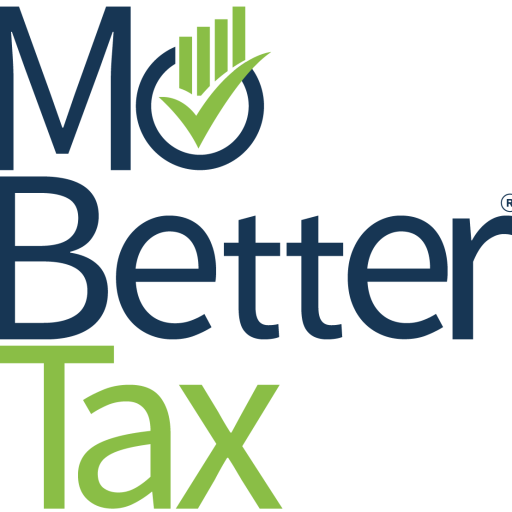
As a small business owner, tax planning should be at the top of your priority list. Not only does it help you reduce your tax liability, but it also ensures that your business remains compliant with tax laws.
- Understanding Your Tax Obligations: Small businesses are subject to different tax requirements depending on their structure (sole proprietorship, LLC, corporation). It’s essential to understand which taxes apply to your business and plan accordingly.
- Keeping Track of Business Expenses: Properly tracking business expenses is crucial. Many expenses, such as office supplies, travel, and equipment, can be deducted from your taxable income.
- Quarterly Estimated Taxes: If you’re self-employed, you’ll likely need to pay quarterly estimated taxes. This helps avoid penalties for underpayment when you file your annual tax return.
- Choosing the Right Business Structure: The business structure you choose can impact your tax liability. Whether you’re a sole proprietor or an LLC, each structure has different tax benefits and drawbacks.

Effective tax planning can save you money and prevent costly mistakes. By staying proactive and working with a tax professional, you can ensure your small business remains tax-efficient.

